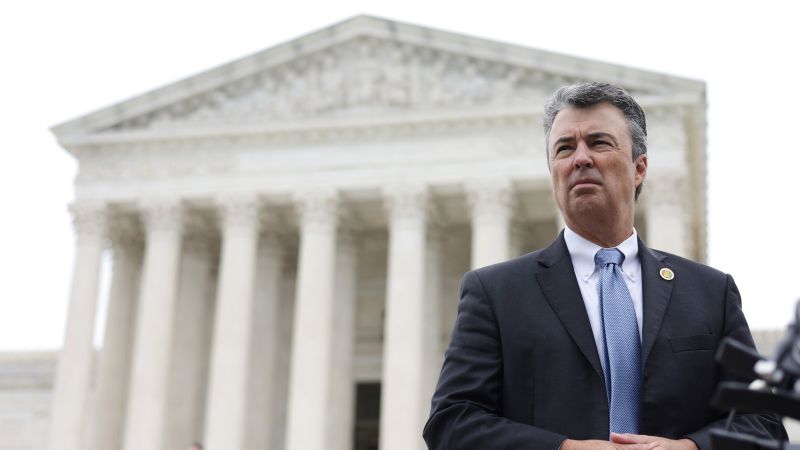A federal judge rejected threats by Alabama’s Republican attorney general to prosecute groups that help women obtain out-of-state abortions, following the Supreme Court’s overturning of Roe v. Wade two years ago. The Yellowhammer Fund, a group assisting women with out-of-state abortions, sued Attorney General Steve Marshall after he suggested possible prosecution for aiding abortions, including by aiding women in traveling out of state. This issue has become significant as red states restrict access to abortion, forcing women seeking the procedure to cross state lines for services in other states.
US District Judge Myron Thompson ruled in favor of the plaintiffs, emphasizing the fundamental constitutional right to interstate travel. The judge noted that Alabama cannot restrict people from engaging in lawful activities in other states, including receiving an abortion. The groups targeted by Marshall’s threats receive numerous inquiries each week regarding out-of-state abortion availability. The right to cross state lines and engage in lawful conduct, including accessing abortion services, is protected by the Constitution, allowing the lawsuit to proceed.
While the Supreme Court’s decision in Dobbs v. Jackson Women’s Health Organization did not address out-of-state travel for abortion, concerns over states limiting such travel existed even before the ruling overturning Roe v. Wade. With nearly two dozen states banning or limiting access to abortion, Florida and Alabama have implemented severe restrictions on the procedure. Justice Brett Kavanaugh, part of the majority that overturned Roe, suggested that states cannot bar residents from traveling to other states for abortion, based on the constitutional right to interstate travel.
In addition to restrictions on clinical abortions, access to abortion medication is also facing legal challenges. The Supreme Court is currently considering a suit regarding the FDA’s expansion of access to the abortion pill mifepristone, brought by conservative doctors and advocates. The groups challenging Alabama’s restrictions on out-of-state travel for abortion were represented by the ACLU, with legal director Alison Mollman expressing hope that the decision brings them closer to ensuring healthcare providers can fulfill their ethical duties and that pregnant Alabamians can access comprehensive information about their legal healthcare options.
The debate over access to abortion services in red states like Alabama continues to be contentious, with legal battles and threats of prosecution against groups aiding women in obtaining out-of-state abortions. The constitutional right to interstate travel and engage in lawful activities in other states, including receiving an abortion, is being emphasized in court decisions. Restrictions on both clinical abortions and abortion medication are impacting women’s access to reproductive healthcare, leading to legal challenges and advocacy efforts to protect individuals’ rights to make informed decisions about their healthcare options. Moving forward, the outcome of these legal battles will play a significant role in determining the extent of access to abortion in states across the country.


